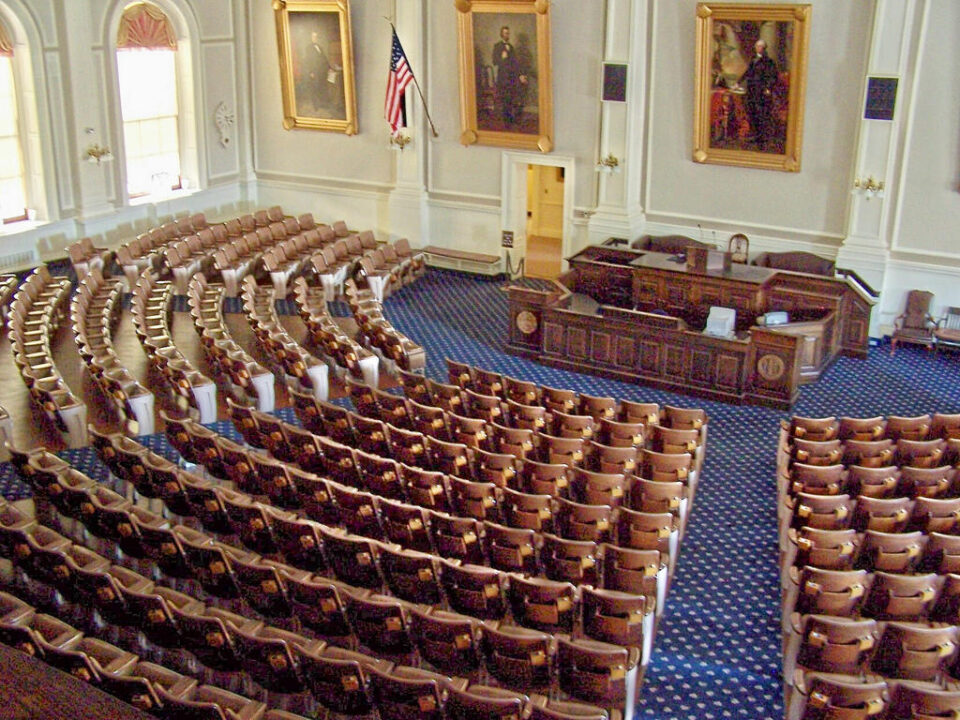Where we started:
When the founders designed our system of government, they were focused on creating gridlock. That is the heart of balancing of power in our government. They intentionally made our system one whose legitimacy originates from popular support of the governed. When something is controversial in our society it is difficult to change our laws until consensus can be achieved. The path to destruction of our nation lies in popularly backed concentration of centralized power which allows shortcutting of the structural checks and balances.
The Issue:
Somehow we the people have forgotten that tyranny springs just as easily from an intolerant majority as it does from a king or dictator. The founders didn’t trust individuals with authority. They didn’t trust human beings to delegate authority to mere individuals. They specifically did not include a fourth branch of government, an unelected bureaucracy with regulatory power. The maintaining and strengthening the constitutional structure of the government is mandatory to the proper functioning of the balance of our power. Popular governments have always bridled at such limitations.
We Americans always want action on some grounds or other. It is part of who we are. That need for speed, the feeling of urgency to respond, aligns our natural tendencies with a drive to grant unchecked power to the institution of government. De Tocqueville wrote in Democracy in America: “It may easily be foreseen that almost all the able and ambitious members of a democratic community will labor without ceasing to extend the powers of government, because they all hope at some time or other to wield those powers. … Centralization will be the natural government.” And so it has come to pass.
The Consequence:
We’re now seeing the consequences of concentrated centralization of power play out on two separate fronts. Proponents of President Trump would like to see more power centralized in the presidency. Antagonists of President Trump would like to see more power centralized in the FBI. Both exercises of more power are the results of usurpation of power from another structural body to weaken a political opponent.
The President’s allies seem eager for him to declare a national emergency in order to appropriate funds for a border wall. The tactic is one frequently used since the 1976 passage of the National Emergencies Act. The law itself cuts against such a declaration. The National Emergencies Act was written to curtail presidential authority, not increase it.
No matter how much border control advocates want a border wall there is a way to get the job done without changing the structure of government. The proper method to accomplish the task is for the executive branch to request funds from Congress. Congress then shall appropriate money for the task through the budgetary process. But that requires consensus building and budgetary action. The participants are not respecting the constitutional structure of governmental functioning.
The President’s enemies are celebrating reports the FBI investigated Trump as a possible Russian agent after his firing of then-FBI director James Comey. Trump had authority under the Constitution to fire Comey. There’s no evidence that Trump acted then or is acting now as an agent of the Russians. But Trump’s enemies want the legislature to insert itself to create a controversy where none exists. They want the legislative branch to step in to protect the FBI from executive branch checks on it.
Conclusion:
It’s good that the legislative branch checks the executive branch. It is also good that the executive branch must remain in control of executive branch agencies. Nobody ought to trust institutions enough to grant them unchecked power. And no one ought to trust the people enough to allow us to do so. We are in dangerous waters paddling hard with no willingness to use our map to navigate a safe course. We have the best constitution ever written… if only we would use it as written and intended.
